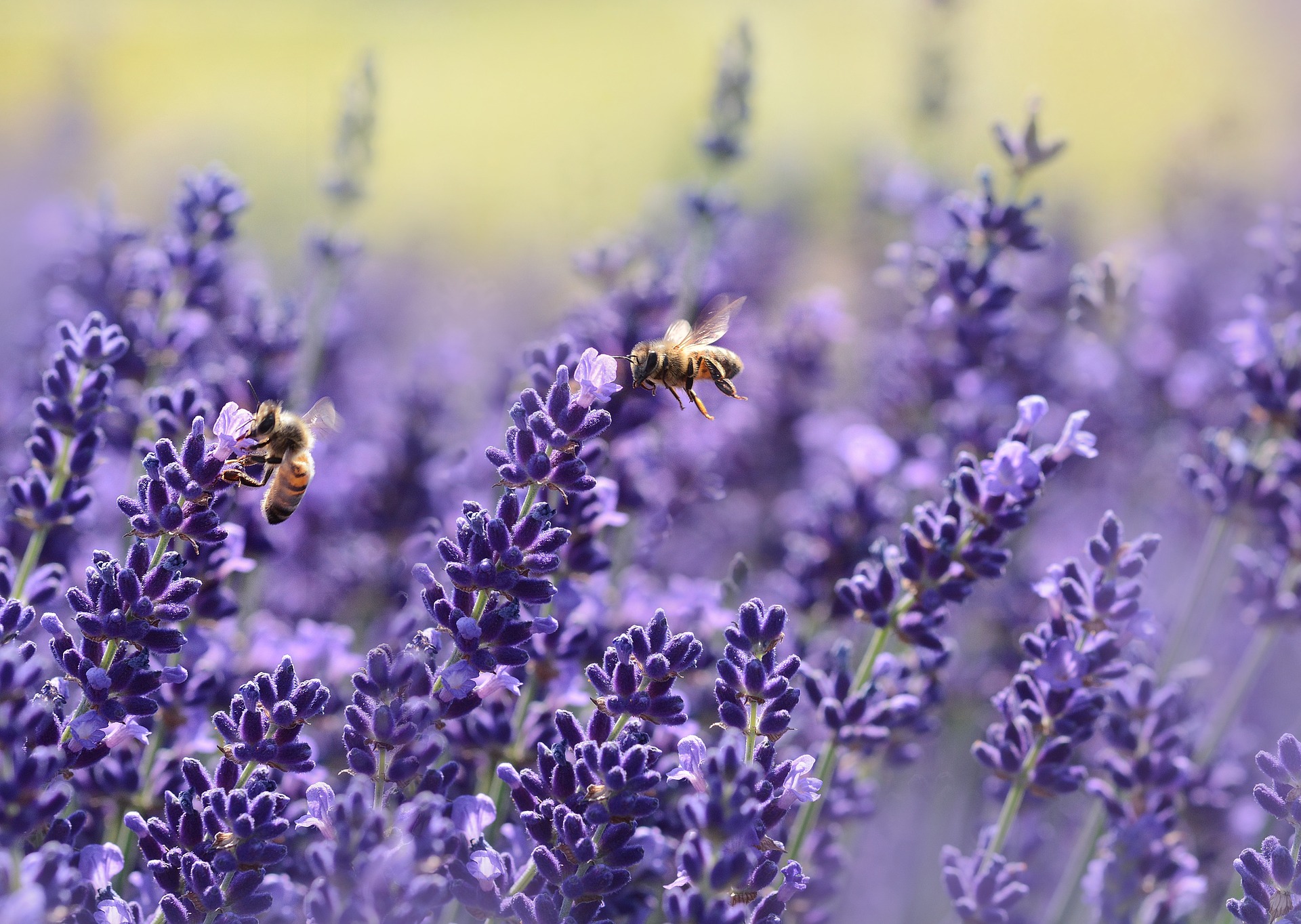York Professor Dr. Laurence Packer has started a monthly webinar series called BeeBST that focuses on bee systematics, taxonomy and biogeography, which are becoming increasingly important to study and understand as we navigate our sixth mass extinction event.
“Systematics is the study of the kinds and diversity of organisms and the relationships among them. Taxonomy, on the other hand, is the theory and practice of identifying, describing, naming, and classifying organisms into groups on the basis of their relationships,” as defined by Cedric Gillott in his textbook, Entomology. Biogeography is the study of distribution of plants and animals across the world and variations in those distribution patterns.
“The main reason I established a webinar series is because these are the subjects in bee research that I’m most actively interested in, and now there are relatively recent developments in evolutionary biology with genomic and genetic analysis,” says Dr. Packer.
Studying the systematics of bees, researchers have found that they can actually map the evolution of some species back to Pangea through fossils and the DNA sequences of living members of that group, creating a “time-calibrated phylogeny.”
“For example, if you’ve got a group of bees in South America and a group of bees in Africa, you can know that they’re their own closest relatives. You can see whether the divergence time between those two fits the opening up of the Atlantic Ocean through plate tectonics, and there are examples of exactly that kind of thing being found,” says Dr. Packer.
“Systematics of bees is aimed at finding an evolutionary tree for a group of bees or all bees. And then once you’ve got that, if you’ve got some fossils and you’ve got the DNA sequences from them, then you can do this time-calibrated phylogeny and see when things happened and see if you can work out if that makes sense in terms of geological history,” Dr. Packer explains.
While the webinar series will touch upon honey bees, they won’t be the focus as there are around 20,500 species of bees that also require our attention.
“A lot of the agriculturally relevant pollination that is ascribed to honey bees is actually done by other pollinators. Everybody assumes that if something requires pollination, that it’s honey bees that do it. But there’s even more research published that shows that honey bees are nowhere near as important for pollination, especially in small fields,” Dr. Packer points out.
Dr. Sheila Colla, an assistant professor and head of Sheila R. Colla’s Lab of Native Pollinator Research, also points out that “folks don’t really know about the role of honey bees. Our recent publication shows two out of three Canadians are unsure if the European honey bee can replace our native bees and over half of Canadians think the honey bee is a native species. Many think it’s in decline as well, which is untrue given it’s a livestock species and you can order as many as you want through the mail.”
Dr. Colla continues to say that native bees can do a lot that honey bees cannot.
“They are more tolerant of the kinds of weather we have here since they’ve evolved here. They can forage on cloudy, cool, and even rainy days, which is important for early blooming crops. Many species can buzz-pollinate, which honey bees cannot do. Wild pollinators have coevolved with culturally important food and medicine plants for Indigenous communities as well. Honey bees cannot replace relationships which have co-evolved over thousands of years.”
Dr Colla’s research is aimed at addressing conservation issues and policy-making and working with NGOs, landowners, policy makers, and government agencies.
“It’s important to study systematics and taxonomy so we better understand what species exist and how they differ across space due to their evolutionary history. This information can also help us figure out how to best conserve them,” concludes Dr. Colla.
BeeBST will run throughout 2022, with the next webinar taking place on February 23. Registration can be found on the BeeBST webpage.

